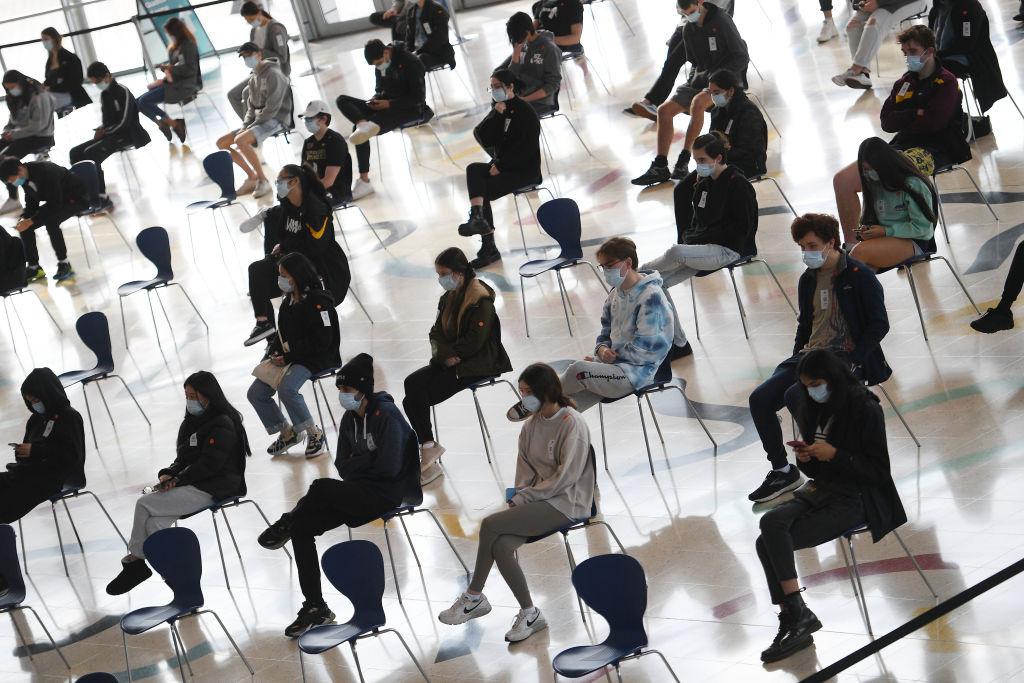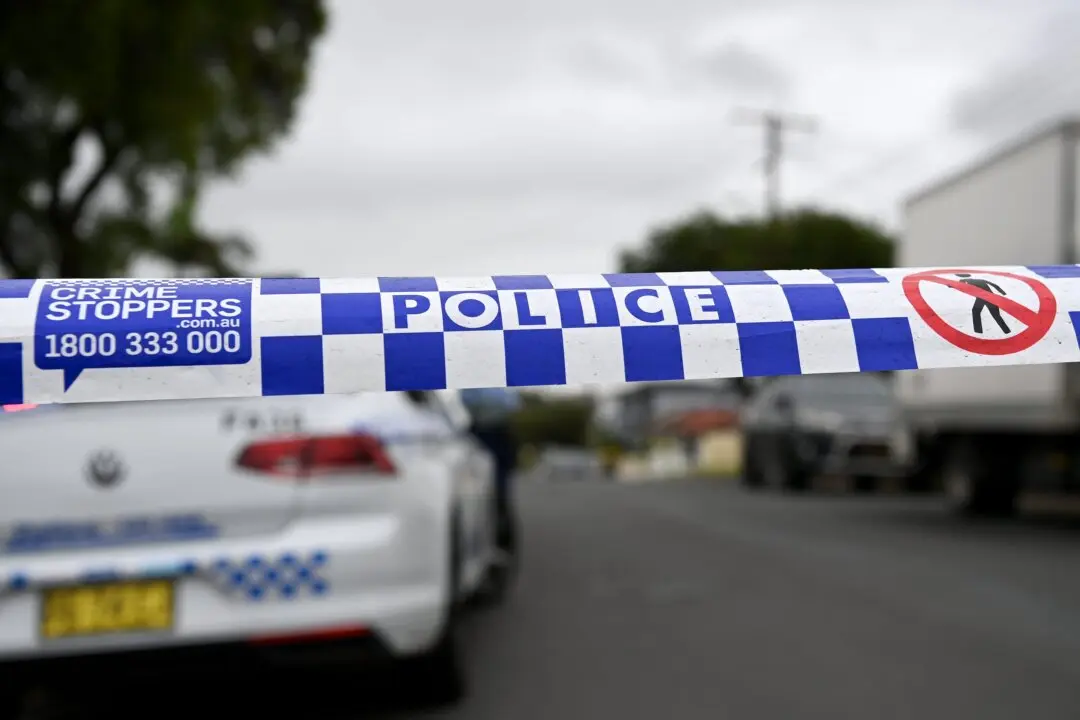Australia has officially reached 80 percent full vaccination against COVID-19, Prime Minister Scott Morrison has announced.
Morrison said a further nine percent of the population aged 16 or over has also received a first vaccine dose although inoculation levels vary from state to state.





